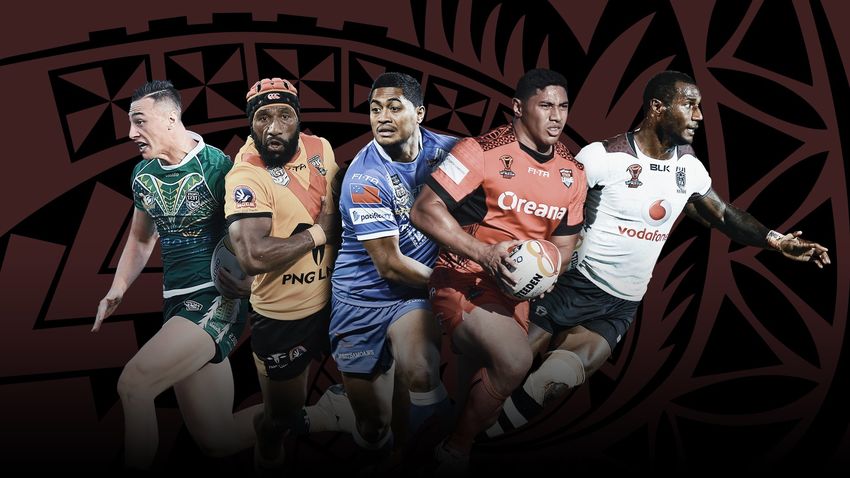OPINION: Pasifika NRL (mis)pronunciation – don’t (dis)respect my name

By Lefaoali’i Dion Enari
Channel 9’s rugby league personality Erin Molan’s recent ‘hooka looka mooka’ comments when referring to Pasifika rugby league players was nothing short of racism.
To purposefully (mis)pronounce (with an accent) Pasifika names is not only poor taste, but mirrors how much race relations work that still needs to be done.
Although Pasifika people’s presence and cultures are interwoven in the Australian fabric, we still face many race issues.
What is concerning is people like her continue to portray us to mainstream society as exotic savages, brown entertainers and primitive immigrants.
This is not the first racial incident involving Pasifika people in Australian rugby league, as former Pasifika players have spoken out on the racial vilification they received both on and off the field (Lakisa, 2019).

The Australian government has a well-documented history of prejudice against Pasifika people. The White Australia Policy discouraged migration from the islands between 1901-1973 (Lee, 2009). Upon arrival many were labelled unqualified, unexperienced and only able to work as unskilled labour (Vasta, 2004). A 1971 Australian cabinet publicly described Pasifika people as too “unsophisticated and unsuited” to live among white society (Hamer, 2014). Degrading public comments by the Government are as recent as last year, some 49 years later. The Deputy Prime Minister publicly stated that Pacific Island people would survive climate change when they “come here and pick our fruit”.


Some suggested the comment was a joke.
Jokes aside, on the optimistic side, I acknowledge and respect genuine attempts by non-Pasifika to pronounce our names, even if they get it wrong. Our Pasifika languages are foreign to them, so it’s understandable. However, deliberate mispronunciation by Molan and others like her serve to dehumanise, disrespect and humiliate us as a people for a few laughs on air.
Imagine the uproar if a Pasifika person publically made fun of the names of Australian world war veterans?
There would be a public outcry and calls for that person to go back where they came from. Amidst the global fight against racism, it is my humble prayer that instances like this will be a thing of the past.
My last words to Molan;
Be mindful not to misuse inability to pronounce names as an opportunity to mock them. Instead, may you take this opportunity to better your skills as a presenter in an industry full of Pasifika men, who often reflect traditional church attitudes denigrating the ability of women to get the job done.

Imagine the offence if Pacific Islanders replied to Molan with something like:
ozi, ozi, ozi; goy, goy, goy
See how many white neurons that sequence of six imagined slang words fires up among the same people rubbishing Pacific Islanders for getting ‘triggered’ by a ‘harmless joke.’
Two hashtags - #blacklivesmatter and #coronavirus - once more dominate world headlines, a reminder that Pasifika peoples were once much darker; before foreign disease, war and starvation bleached our populations to as little as one-in-five.
Our names survive, though, not just centuries but millennia, astrally interconnected to our home islands, districts, villages and family. As Pasifika people, we demand all media take heed - the next time our names depart your lips, they arrive at our ears with common decency and an honest attempt at accuracy.
Lefaoali’i Dion Enari is a PhD Candidate at the Faculty of Society and Design, Bond University, Gold Coast. His research interests include qualitative methodology, ethnography, Pacific language, indigenous studies and trans-nationalism.
He is from the Samoan villages of Lepa, Malaela, Vaiala, Nofoali’i and Safune.
